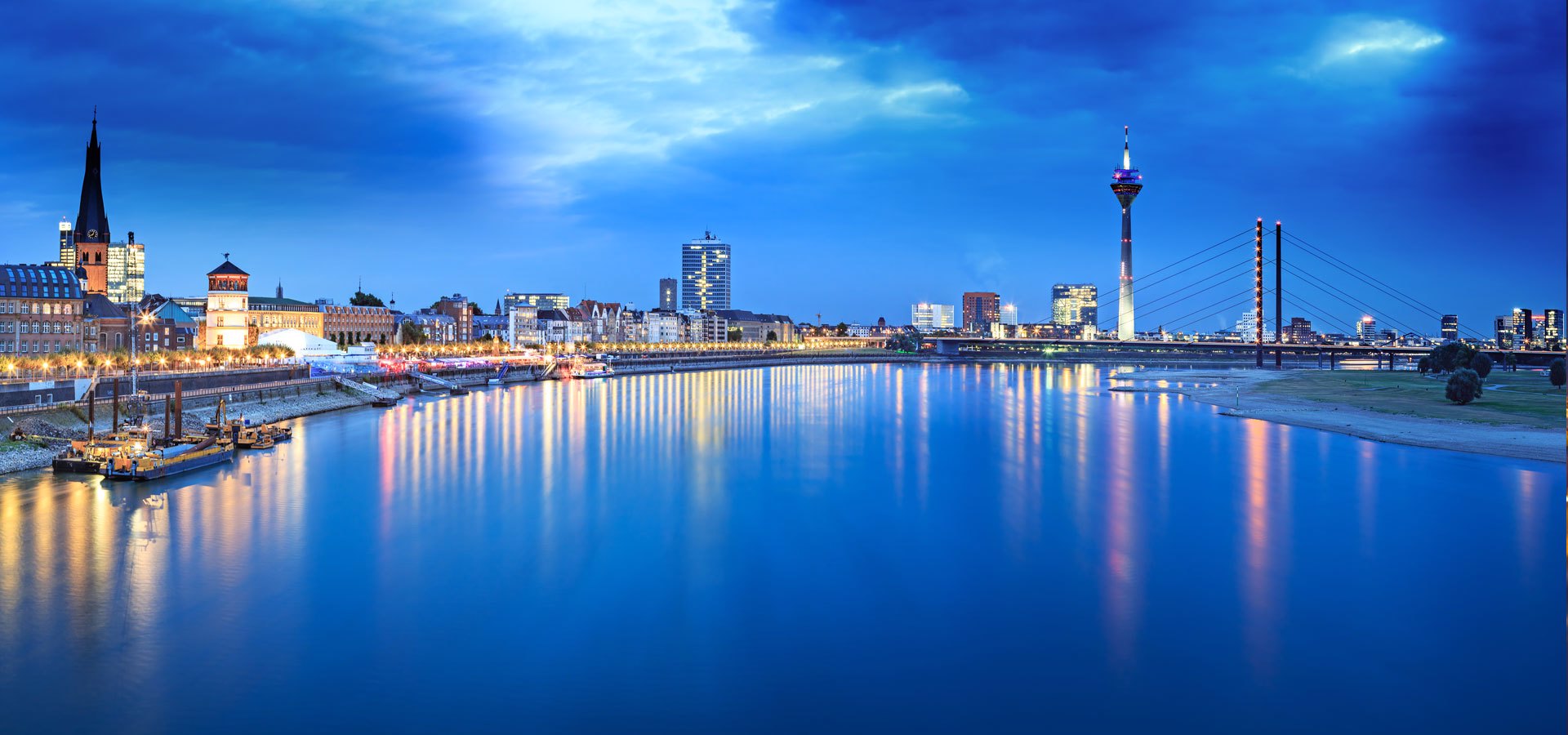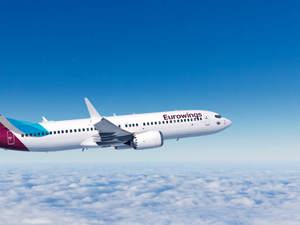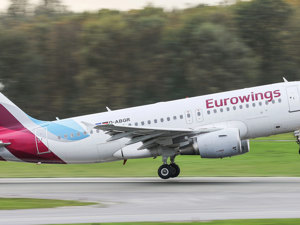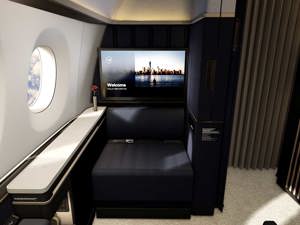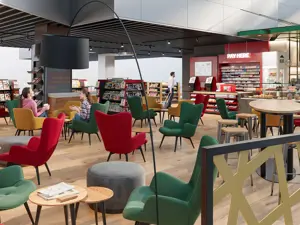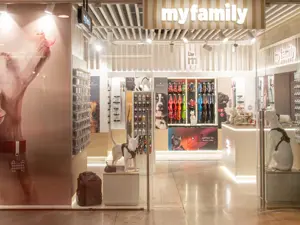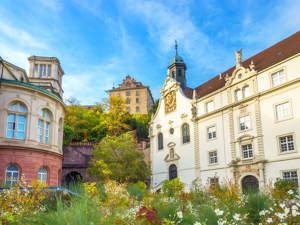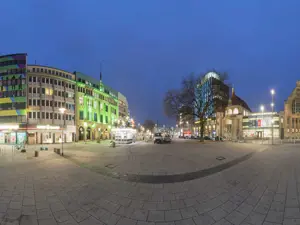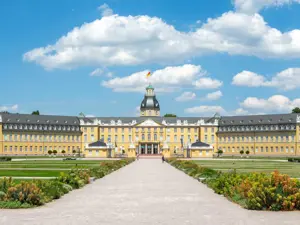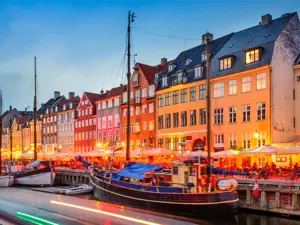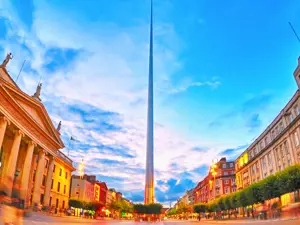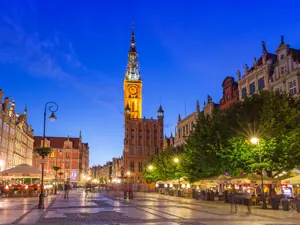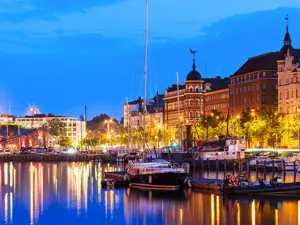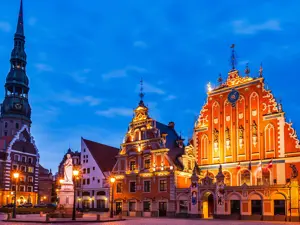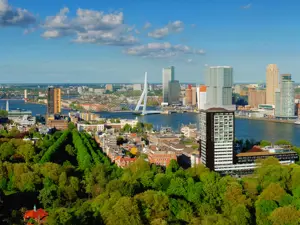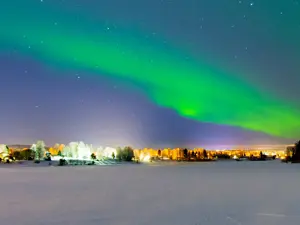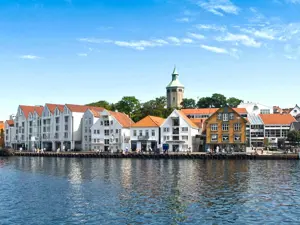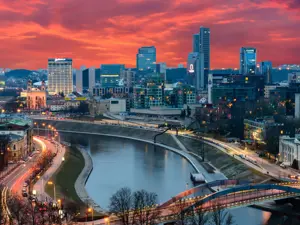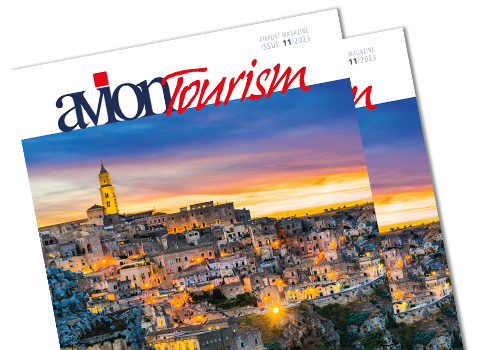Düsseldorf is a city that embodies the elegance, history, and cultural vibrancy of Germany. Located on the picturesque banks of the Rhine River, it offers a rich experience that blends tradition and modernity. Exploring the city takes you on a journey through centuries, amidst charming streets, iconic monuments, and a vibrant atmosphere.

At first glance, the grandeur of the buildings captivates, offering a unique visual experience. Düsseldorf's architecture features a blend of engineering expertise and styles ranging from organic to romantic, boasting charming ancient alleys and spectacular works by renowned architects such as Christoph Ingenhoven, Renzo Piano, and Frank Gehry.
One of Düsseldorf's architectural highlights is the Kö-Bogen II, a building designed by Ingenhoven Architects, a visual spectacle with a green facade composed of over 30,000 hornbeam trees, a testament to sustainability that absorbs significant amounts of CO₂. In the nearby MedienHafen, the sculptural forms of buildings, including the famous Neuer Zollhof by Frank Gehry, capture the imagination. Adjacent to the Kö-Bogen is the Düsseldorf Schauspielhaus, the only state theater in North Rhine-Westphalia.
Neuer Zollhof by Frank Gehry in Düsseldorf
The tall skyscrapers of the 1950s, such as the Mannesmann Hochhaus and the Dreischeibenhaus, add a touch of elegance to the city skyline. Built with innovative structures for the time, they are emblematic buildings of the post-war economic resurgence period and the influence of American architectural trends.
The renowned Benrath Palace stands as an architectural gem in Düsseldorf's skyline. Built in the 18th century, the palace and its landscaped park offer a refuge of tranquility and beauty, where one can stroll through well-maintained gardens to the banks of the Rhine.
The Rhine Tower in Dusseldorf. Photo: Copyright © Sisterscom.com / Depositphotos
Climbing to the top of the Rhine Tower, the Rheinturm, offers breathtaking views of the city and the river below: a panoramic viewpoint providing a unique perspective on Düsseldorf and its surroundings, especially during sunset.
But Düsseldorf's architecture also extends to its picturesque ancient alleys and the charm of its historic neighborhoods, such as Kaiserswerth with its narrow cobblestone streets and Baroque buildings, creating an enchanted atmosphere that invites exploration of the city's history. Visiting the Altstadt, the Old Town of Düsseldorf, immerses you in a maze of cobblestone streets and ancient historic buildings, an area renowned as "the longest bar in the world" for its beer and lively atmosphere, where you can enjoy traditional Altbier in one of the numerous historic pubs that enliven the city's nightlife.
Historic center of Dusseldorf overlooking the Rhine River. Copyright © Sisterscom.com / Depositphotos
Some of the must-see attractions in Düsseldorf's Old Town include the Basilica of Sankt Lambertus, built in the 13th century, the Schlossturm (Palace Tower, the only remaining part of the castle built in the 16th century where, since 1984, houses Germany's oldest inland navigation museum) on Burgplatz, the Historic Town Hall, and the equestrian monument Jan-Wellem Reiterdenkmal. Here, art enthusiasts can make a stop at the K20 and the Kunsthalle Art Gallery at Grabbeplatz.
Historic City Hall Rathaus and the Jan-Wellem Reiterdenkmal equestrian monument in Dusseldorf. Foto: Copyright © Sisterscom.com / Shutterstock
For a deeper dive into the city's rich artistic culture, you can continue along the banks of the Rhine River, the pulsating heart of Düsseldorf's art scene. A stroll along the riverbanks reveals six world-renowned museums dedicated to visual arts, hosting a vast collection of invaluable artworks: the Museum Kunstpalast, the NRW Forum, the Kunstsammlung NordRhein-Westfalen at Grabbeplatz, the Kunsthalle Düsseldorf, the KIT - Kunst im Tunnel, and the Kunstsammlung NRW at Ständehaus. Moreover, over 100 galleries and off-spaces run by artists enrich the city's artistic-cultural landscape.
The modern art museum Kunstsammlung NordRhein-Westfalen in Düsseldorf. Photo: Copyright © Sisterscom.com / Depositphotos
The architecture by Japanese architect Tadao Ando in nearby Neuss hosts the Langen Foundation and temporary exhibitions of contemporary art, while in spring, industrial architecture meets contemporary art during the Art Düsseldorf fair, held at the Areal Böhler complex in Oberkassel.
Parks and Gardens in Düsseldorf
For a quiet break in nature, one can head to Rheinpark Golzheim or the Hofgarten, two parks offering expansive green spaces and a serene atmosphere away from the city's hustle and bustle. Düsseldorf is one of Germany's greenest cities with nine major parks and numerous smaller gardens and parks, and it is part of the Garden Art Route.
Kaiserteich Park in Dusseldorf. Photo: Copyright © Sisterscom.com / Depositphotos
The meadows along the Rhine are also a meeting point to enjoy the river view, the horizon, and the sunset with music and drinks. Garden lovers can also visit the rose garden near the City Museum in Palais Spee, the Japanese garden in Nordpark, the rococo garden of Benrath Palace, and the Dickebusch, an English-style forest park on the Lower Rhine.
Historic center of Dusseldorf overlooking the Rhine River. Foto: Copyright © Sisterscom.com / Depositphotos
Where to Shop in Düsseldorf
For shopping enthusiasts, Königsallee, known as the "Kö", is a true paradise. Along this exclusive street are high-fashion boutiques, luxury jewelers, and trendy cafes, in an atmosphere of elegance and sophistication. In the trendy neighborhoods of Flingern and Bilk/Unterbilk, a succession of galleries, pop-up stores, and concept stores offer unconventional fashion, second-hand clothing, and designer pieces.
The Königsallee the shopping street in Düsseldorf Photo: Copyright © Sisterscom.com / Depositphotos
Around Ackerstrasse in Flingern and its street art are independent shops, design studios, and galleries. In Bilk/Unterbilk, there are alternative clothing stores and vintage fashion boutiques, and the atmosphere is enriched by the music echoing in record stores and the aromas of bars and restaurants.
What and Where to Eat in Düsseldorf
To get to know the city through smells and tastes, immerse yourself in Düsseldorf's cuisine with typical dishes and plenty of beer. In the authentic atmosphere of the lively Carlsplatz market in the Old Town (Altstadt), you can taste typical culinary specialties and purchase fresh products from local producers. The market is also the ideal place for a snack or for special souvenirs such as liqueurs, local mustard, and herbs from around the world.
The city's cuisine has much to offer, from fresh fish in
Carlsplatz Square to
beer tasting in the Old Town, to fine dining in
Little Tokyo, the heart of Germany's largest Japanese community, which hosts the best
Japanese restaurants on Immermannstrasse and several
Michelin-starred restaurants offering classic French cuisine to casual fine dining, where you can taste specialties such as
Breton monkfish,
crispy suckling pig,
feuilleté aux champignons, or traditional
apple pie.
While the Old Town, known as "the longest bar in the world", is an essential stop for beer lovers, where you can find restaurants, bars, and pubs with endless local craft beers to drink, such as the famous Altbier, with its amber or dark brown color, malty aroma, and balanced flavor between malt sweetness and hop bitterness.
Excellent to accompany some typical dishes of Düsseldorf and the North Rhine-Westphalia region such as Himmel un Ääd (mashed potatoes and stewed quince, accompanied by sausage); Rheinischer Sauerbraten (marinated and braised meat, served with sweet-sour sauce, potatoes, and red cabbage); Reibekuchen (grated potato pancakes with apple compote, sour cream, or apple sauce); Flönz or Blutwurst (sausage with pork meat, fat, and blood); Sauerbraten vom Pferd (variant of traditional Sauerbraten that uses horse meat); Grünkohl mit Pinkel (soup based on green cabbage with smoked sausages, boiled potatoes, and sweet mustard); Reisfladen (traditional rice cake prepared with milk-cooked rice and enriched with raisins, cinnamon, and lemon zest); Rheinischer Kirschkuchen (a cherry cake prepared with a shortcrust pastry base, covered with fresh or syrupy cherries, often enriched with a dusting of powdered sugar).




















